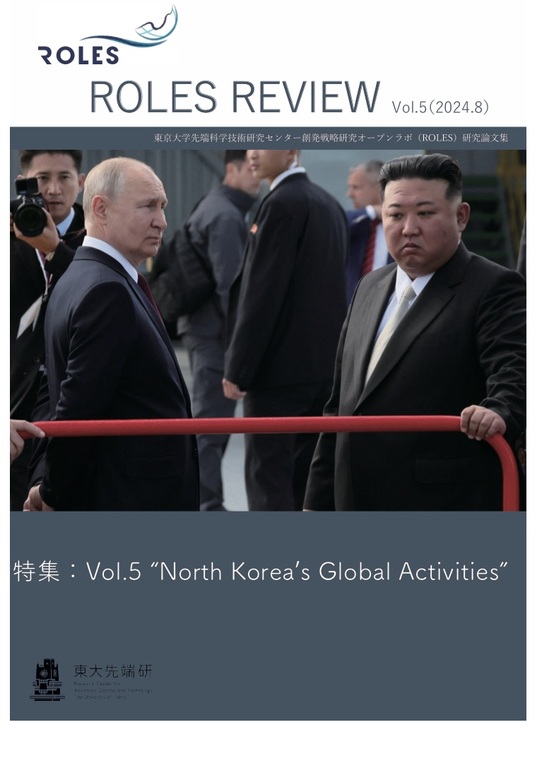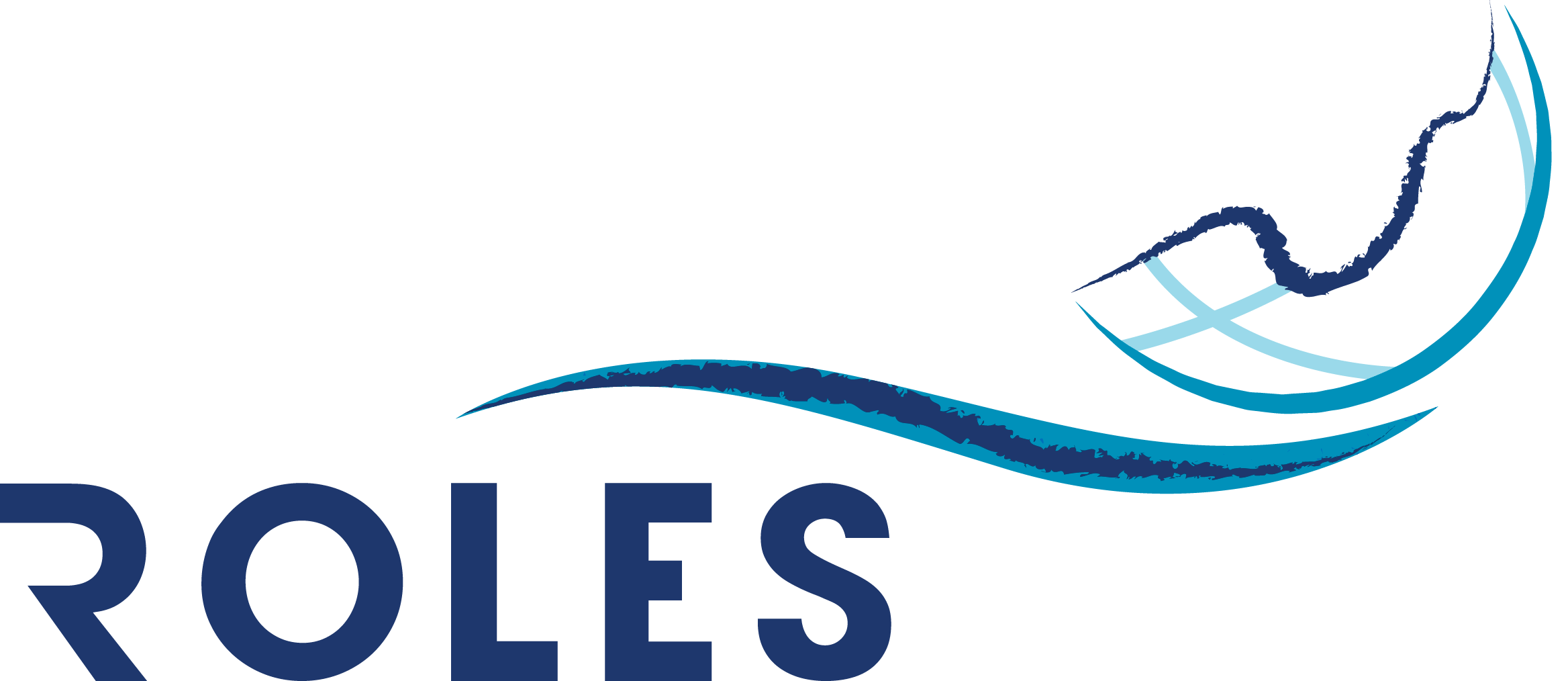報告書公開
ROLES Review Vol. 5, focusing on North Korea's Global Activities, is now available
ROLES Review Vol. 5, focusing on North Korea's Global Activities, is now available.
https://roles.rcast.u-tokyo.ac.jp/uploads/publication/file/134/publication.pdf
This issue offers a special feature on North Korea's international actions.
Below is the editor's preface.
Sources of North Korea's Resilience
https://roles.rcast.u-tokyo.ac.jp/uploads/publication/file/134/publication.pdf
This issue offers a special feature on North Korea's international actions.
Below is the editor's preface.
Sources of North Korea's Resilience
Satoru Miyamoto
Professor, Faculty of Political Science and Economics, Seigakuin University
The totalitarian one-party dictatorship of the Workers' Party of Korea (WPK) in the Democratic People's Republic of Korea (DPRK: North Korea) remains remarkably tough. Despite sanctions imposed by the UN Security Council and Western countries, the regime shows no signs of weakening. This resilience can be attributed to the loyalty of many patriotic North Koreans to the regime, including the supreme leader and the ruling party. While this loyalty may be questioned by some, it is not unique to North Korea.
In recent years, political science has observed the "retreat of democracy" in countries once considered strong democratic regimes, such as the United States and the United Kingdom. At the same time, attention has turned to the resilience of authoritarian or totalitarian regimes that were once expected to democratize over time. It is well known that Chinese patriotism in high economic development and international superpower status contributes to the resilience of the Chinese regime. However, we can observe a resilience in the absence of economic development and the status of a superpower. North Korea is a case in point.
One factor contributing to North Korea's resilience and sustainability is its international network. North Korea has cultivated relationships with Asian and African countries through the exchange of technology and personnel, particularly in the security sector. This international network has provided North Korea with resources essential to the regime's resilience and sustainability and has garnered support, particularly from Asian and African countries.
There is a common perception in Western countries that North Korea is an isolated country. However, as of January 2024, North Korea has diplomatic relations with 159 of the 193 member states of the United Nations.
What kind of international network has North Korea built? The research project “Grounds for Sustainability of North Korea's Regime: International Networks with the Middle East, Southeast Asia and Africa,” funded by a Grant-in-Aid for Scientific Research (B). This special issue publishes the findings of seven scholars who participated in this project, examining the relationship between their countries of study and North Korea.
The network between North Korea and its Asian and African partners is not just an economic one, but one based on blood and ideology. Economic networks are fragile, but the network forged by common struggle against the United States and its allies is much more solid. This strong solidarity is a key factor that continues to sustain the North Korean regime.
This work was supported by JSPS KAKENHI Grant Number JP20H01470.

同じカテゴリのニュース
報告書公開
2026.01.29 (木)
